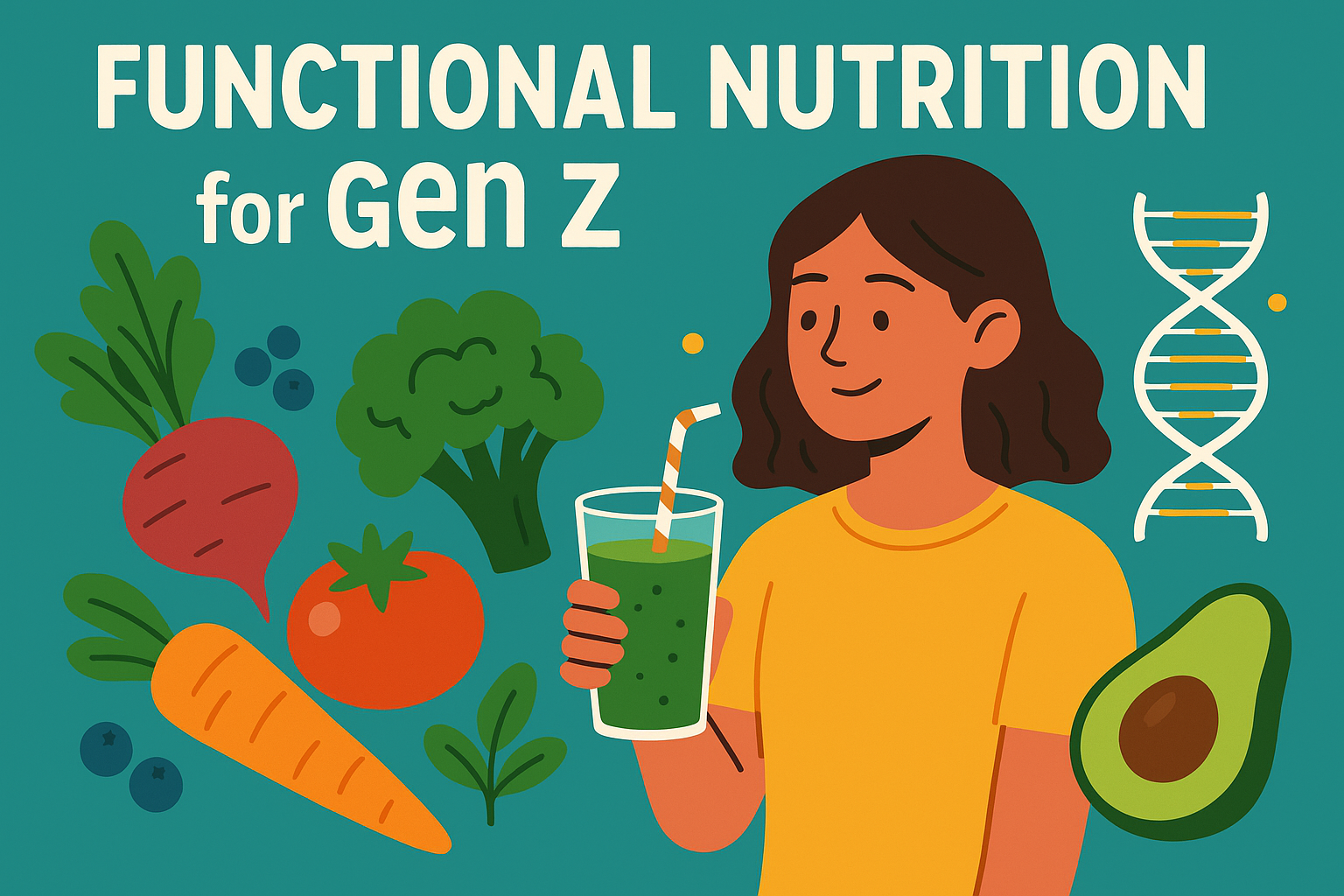Cognitive & Gut Health Gaps
In today’s fast-paced world, our wellness needs are often overlooked, particularly when it comes to cognitive and gut health. Many people focus on physical fitness, neglecting the profound impact that gut and cognitive health have on overall wellness. This article explores the unmet needs in these areas, emphasizing the importance of addressing cognitive, heart, and gut health disparities.
The Connection Between Gut Health and Cognitive Function
Emerging research indicates a strong link between gut health and cognitive function. The gut microbiome plays a crucial role in regulating mood, memory, and cognitive processes. An imbalance in gut bacteria can lead to cognitive decline and conditions such as anxiety and depression.
For instance, studies have shown that individuals with dysbiosis—an imbalance in gut flora—are more likely to experience cognitive issues. This highlights the need for a better understanding of how to maintain a healthy gut microbiome.
<h3.Nutrition’s Role in Gut and Cognitive Health
Nutrition is a key factor in maintaining both gut and cognitive health. Diets rich in fiber, omega-3 fatty acids, and antioxidants can promote a healthy gut microbiome and support cognitive function. Foods like fatty fish, nuts, seeds, whole grains, fruits, and vegetables are vital for maintaining wellness.
Additionally, fermented foods such as yogurt, kefir, and sauerkraut can enhance gut health by introducing beneficial bacteria. By incorporating these foods into your diet, you can help bridge the gap between gut and cognitive health.
<h2.Unmet Needs in Heart Health
Heart health is another critical area that often gets sidelined. Many individuals focus on weight loss and physical appearance, neglecting the importance of cardiovascular well-being. Heart disease remains a leading cause of death globally, yet many people remain unaware of their risk factors.
Regular check-ups, understanding cholesterol levels, and maintaining a balanced diet can significantly reduce the risk of heart disease. However, access to this information is not always equitable, particularly in underprivileged communities.
<h3.Tackling Heart Health Disparities
To address these disparities, community outreach and education are essential. Programs that focus on nutritious eating, regular exercise, and regular health screenings can help raise awareness and encourage proactive health management. For more information on heart health, visit our wellness hub.
<h2.Gut Health and Its Impact on Overall Well-Being
Gut health is often referred to as the “second brain” due to its influence on both physical and mental health. A healthy gut can enhance the immune system, improve digestion, and support emotional well-being. However, many individuals experience gastrointestinal issues that can disrupt their quality of life.
Conditions such as irritable bowel syndrome (IBS), inflammatory bowel disease (IBD), and food intolerances can lead to chronic discomfort. Addressing these issues requires a comprehensive approach that includes diet, lifestyle changes, and sometimes, medical intervention.
<h3.The Role of Probiotics and Prebiotics
Probiotics and prebiotics are essential for maintaining gut health. Probiotics are live bacteria that provide health benefits when consumed, while prebiotics are non-digestible food components that promote the growth of beneficial bacteria in the gut. Incorporating both into your diet can help improve gut health and, by extension, cognitive function.
Consider adding a probiotic supplement or increasing your intake of prebiotic-rich foods such as garlic, onions, bananas, and asparagus. These dietary changes can significantly impact your overall wellness.
<h2.Cognitive Health in the Age of Technology
As we embrace technology, our cognitive health faces new challenges. Constant notifications, social media, and the 24/7 news cycle can lead to cognitive overload and increased stress levels. This digital overload can negatively impact our focus, memory, and overall mental health.
To combat these issues, it is crucial to establish healthy digital habits. Allocating specific times for checking emails or social media can help reduce distractions and improve productivity.
<h3.Mindfulness and Its Benefits
Mindfulness practices such as meditation, deep breathing, and yoga can enhance cognitive function and reduce stress. These practices promote mental clarity and emotional balance, helping to counteract the negative effects of technology on cognitive health. For techniques on mindfulness, check out our wellness hub.
<h2.Conclusion: Bridging the Gaps in Wellness
Addressing the gaps in cognitive, gut, and heart health is essential for achieving overall wellness. By understanding the intricate connections between these areas, individuals can take proactive steps to improve their health. This includes adopting a balanced diet, engaging in regular physical activity, and practicing mindfulness.
We encourage you to explore new wellness strategies and consider how you can integrate them into your daily routine. Together, we can work towards a healthier future.
<h3.Call to Action
If you’re looking to improve your wellness journey, start by visiting our wellness hub for more resources and tips. Join our community to share your experiences and learn from others who are on a similar path. Let’s close the gaps in our health together!

